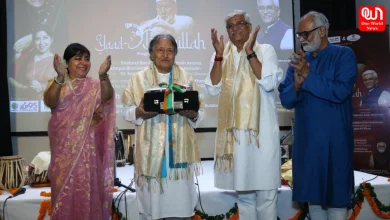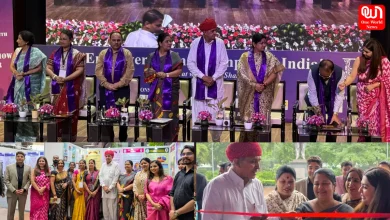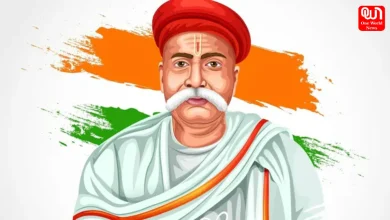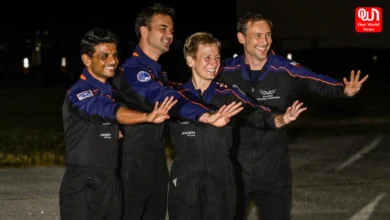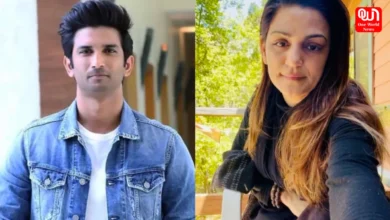Changing Representation of Women in Hindi Cinema

From objectifying women to setting progressive female narratives, here is how the Mainstream film industry has changed the representation of women in films
Karan Johar, on a panel discussion being conducted by one of the finest female film critics with 3 other film producers said, “I now see myself making notes on the scripts all the time. I mark out that this is objectifying. This is politically incorrect. I see any joke thinking of whether it is going down well or not, whether they are sexist jokes or sexual jokes, or on the political environment or on women in society, any of it. It is now, when to be sensitive enough, is something I feel is not an obligation to me, but a responsibility that none of us felt when we made films earlier. It never used to cross my head that stalking could deeply affect society, I used to think that it is romantic. When I made Chikni Chemali, I didn’t think that subliminally, I am portraying the wrong idea.”
Karan Johar is among one of those directors and producers who have made the most liked love stories of the mainstream, yet the mode stereotypical ones. It won’t be wrong to say that with a closer look at Karan’s films, one can find films with extremely feminine characters, sexist dialogues, victimizing / self – victimizing roles to women, and stereotypical and indecent gender representation. Kuch Kuch Hota Hai mandates for women to be feminine and beautiful as Anjali is only liked when she converts from a Tomboy to a long-haired woman in saree. Kabhi Khushi Kabhi Gum could never come up with a justification as to why Nandani never argued to Yashvardhan’s act of abandoning their son Rahul when both of them decided to adopt him together.
Well, these are just a few incidents from two of Karan Johar’s films. And, it’s not just Karan, Bollywood has been doing it for ages. We have often seen women being an object of pleasure, the object of loathing, as a vamp or villain, an object as a daughter in law, as by giving authority to the male counterpart, gaslighting women for their misogynist and so on. If all of it would have been a part of a narrative that withstands the right idea, it would have been accepted but here, this is what the whole narrative is. These films only appear to normalize such a representation. Where narrative representation is one thing, Cinema’s obsession with item number is other. Tracing from the era of Helen to Chikni Chemali, Munni Badnaam Hui or Sheela ki Jawani are, to name a few, are flawed in their display of the female body and objectifying in their content too.
Read more: 5 women who proved their mettle fighting against all odds
Coming back to addressing the present, where the question is are the narratives changing now?
In the same panel discussion, another panelist, Ekta Kapoor elaborated upon the fact that it is about the moral compass the film is propagating. She said that something that she learned on the job is that people have not defined what is offensive to them, is it sex, or is it consent. For her, anything with is not in consent is a problem. She tells that at Balaji, she ensures to put forth progressive scripts, “Sex is not a problem, Misogyny is” as she puts it.
The recent films to name a few can be Thappad, Badla English Vinglish, Shakuntala Devi, Saand ki Aankh, Queen, Dangal, Gunjan Saxena and the like can be seen as something setting ideals for the new wave. But, at the same time, you must have been thinking that where is the conversation around the most talked misogynist film, Kabir Singh?. Where Kabar Singh follows a flawed narrative and shows a misogynist character sugarcoating his mishandling of woman with his abusive idea of love, what’s good is it wasn’t accepted by people and society. A film coming with the wrong idea won’t be accepted is what it should be setting. Where it didn’t get stopped in Censor, it was criticized by the masses.
To conclude, films are what Indian watches the most and hence, they are likely to affect the viewer subliminally. The sensitization of the fact that what sort of representation is right or wrong is a step forward to making things with the right representation.
Have a news story, an interesting write-up or simply a suggestion? Write to us at info@oneworldnews.com

